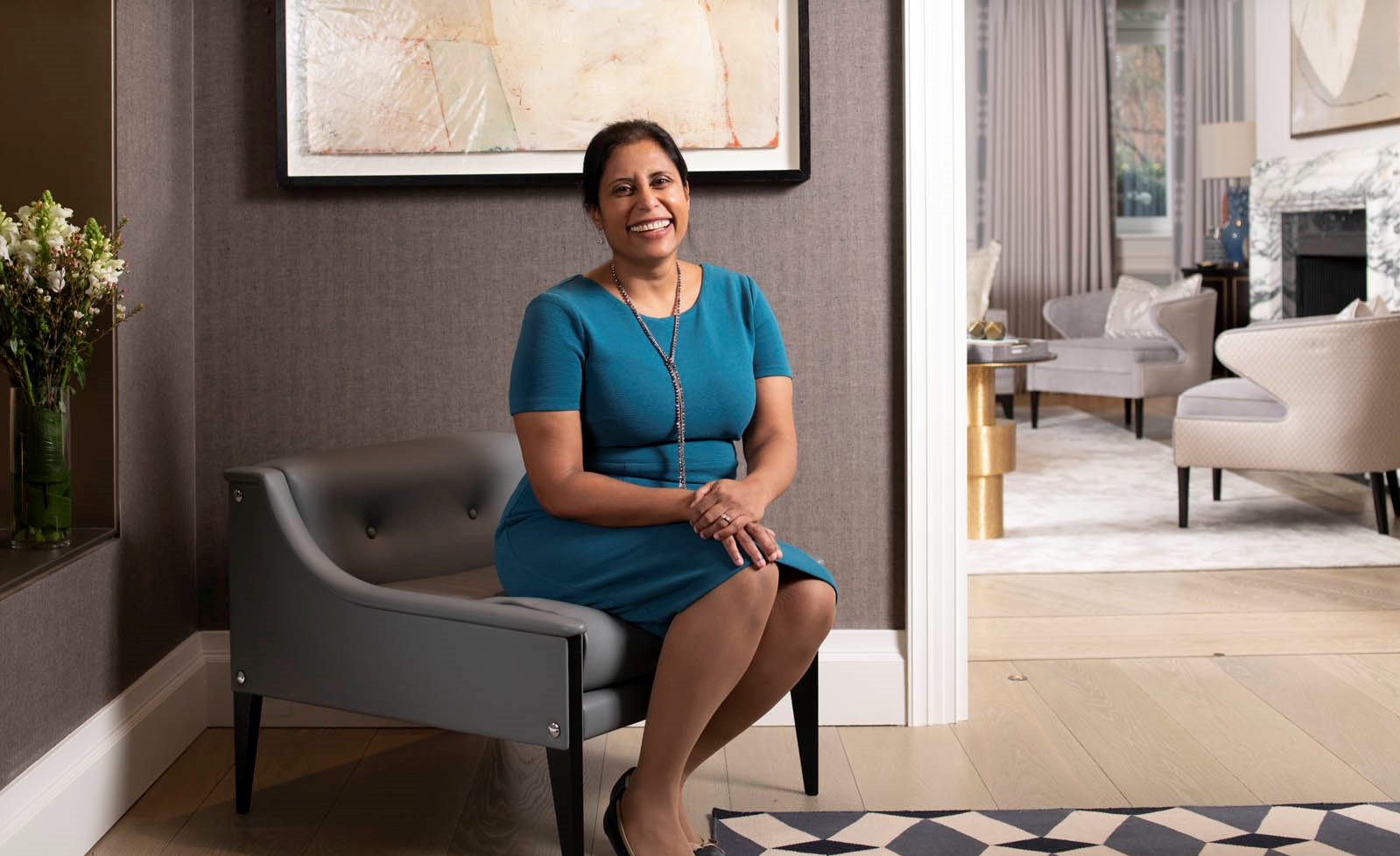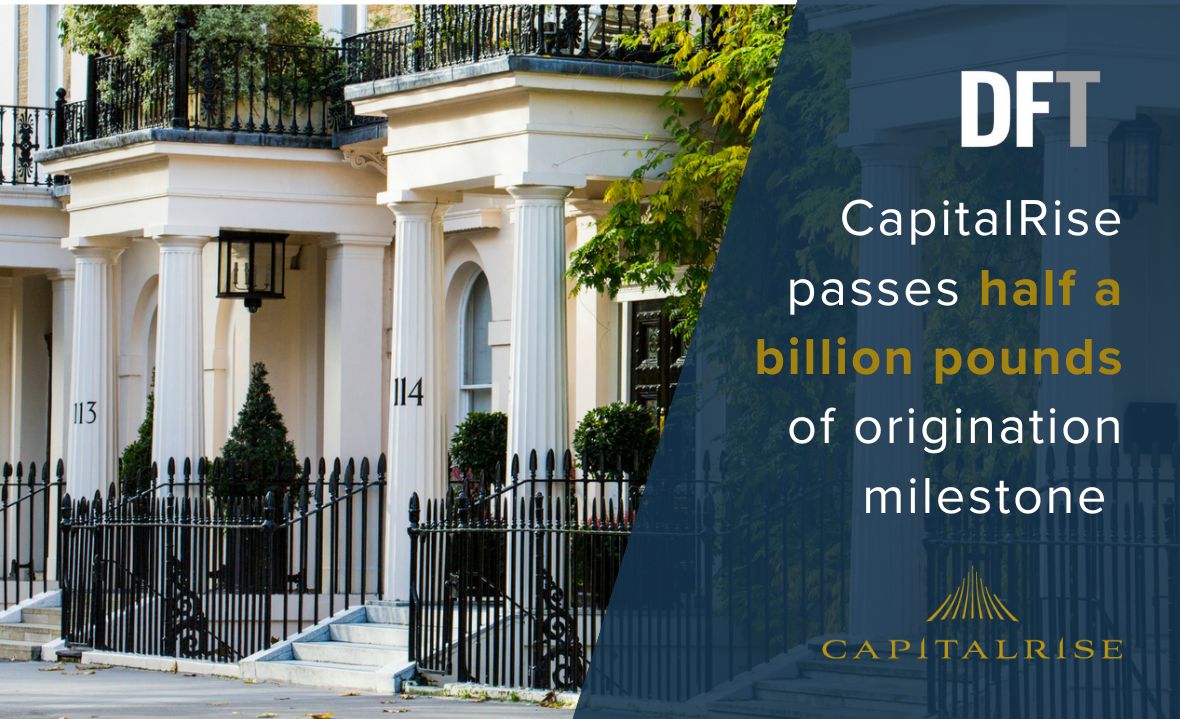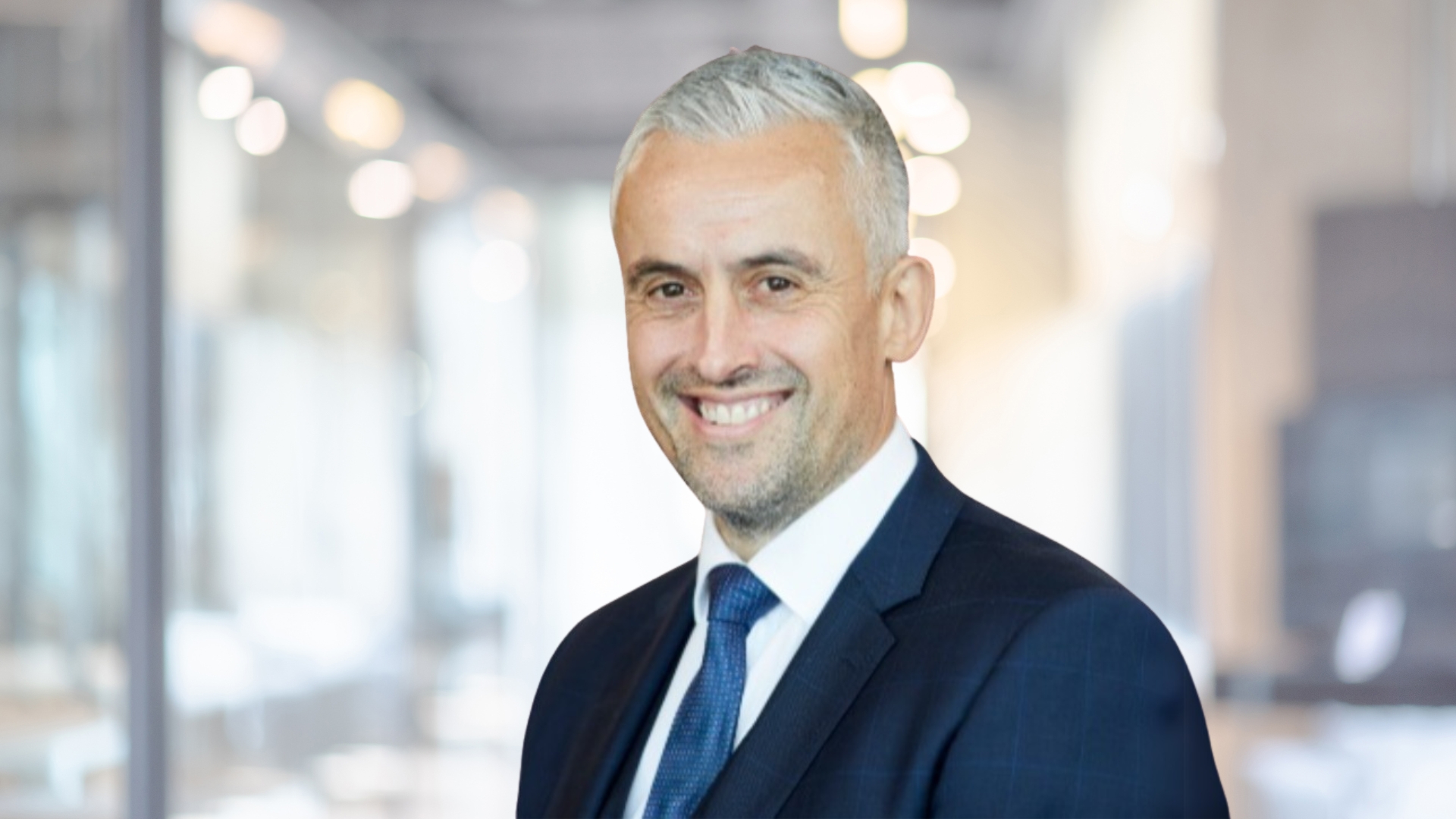International Women’s Day: Uma Rajah on Diversity & Opportunity in Property Finance.
An edited version of this full article appeared in Property Week.
As Chief Executive of property finance platform, CapitalRise, I am ultimately responsible for all aspects of the business: from creating our strategy, to execution of that strategy, and all aspects of running the company – including recruitment. I approach all hiring processes without bias and, as a result, I think we have a very diverse team in terms of gender, ethnicity and age for example. In general, however, the property finance sector isn’t very diverse. For example, we lend to prime property developers, and it’s rare that our clients are women. We have institutional investors, and we have a platform where private investors can invest in our loans. Whilst our private investor client base is more diverse, our institutional investors predominantly consist of all-male teams. In fact, I don’t have a single principal that I interact with that is a woman.
So what can we do to improve diversity? I think more needs to be done in the education system to raise awareness amongst young people of how both finance and property can be exciting sectors to work in and are accessible to all. The world of finance has been turned on its head through rapid advancement of technology, and the property industry has so much to offer. These industries can offer a range of roles that would appeal to people who love maths, science and engineering to those who love art and design and everything in between – there is something for everyone. Unfortunately when you have sectors like ours that happen to be male dominated and others like teaching and the care industry, for example, that tend to be female dominated there is a risk that gender stereotypes and lack of representation can put off young people considering these areas for potential careers. Trying to change these unhelpful perceptions when kids are young, by using role models and the media, I think could help try to redress the balance over time.
It is encouraging to see things improving already, albeit very slowly. For instance, I studied engineering at Cambridge University in the early ‘90s and arrived on my first day to find myself the only female fresher in my college studying the subject. By 2010, WISE data showed that only 10.5% of engineers were female and by 2022 this had increased to 16.5%. So things are moving in the right direction, if gradually.
Following a decade working in manufacturing industry, having joined Mars out of university, I took an MBA in 2006 to facilitate a move into entrepreneurship and I started my first Fintech business in 2007. This ultimately led me in 2015 to co-found CapitalRise with my business partners Alex Michelin and Andrew Dunn (the founders of Finchatton). Our skillsets have been very complementary – with my Fintech and digital lending expertise combined with their deep prime residential development experience – which has provided us with a core base to build a wonderful team and suite of products and services around. We provide senior and mezzanine development finance for projects across Prime Central London with numerous projects in Chelsea, Mayfair, and Kensington, as well as in Prime Outer London and the Home Counties. Thanks to the resilience of our market niche, we have built and successfully scaled the business – and are proud to have funded over £750 million of real estate since inception.
One of the things I love about the property finance industry is that it is quite archaic compared to other sectors I have worked in, which creates plenty of opportunity for disruption, particularly digital disruption. As someone who loves building new products to meet the needs of customers I find this really exciting and rewarding.
CapitalRise is growing fast, seeing double digit growth year-on-year. The next 12 months will be focussed on continuing to scale; we have seen a surge in demand from both borrowers and investors which we want to capitalise on. We also aim to enhance our efficiency by using technology wherever possible so another key focus for us will be looking for ways to increase our productivity to scale in a cost-efficient way.




